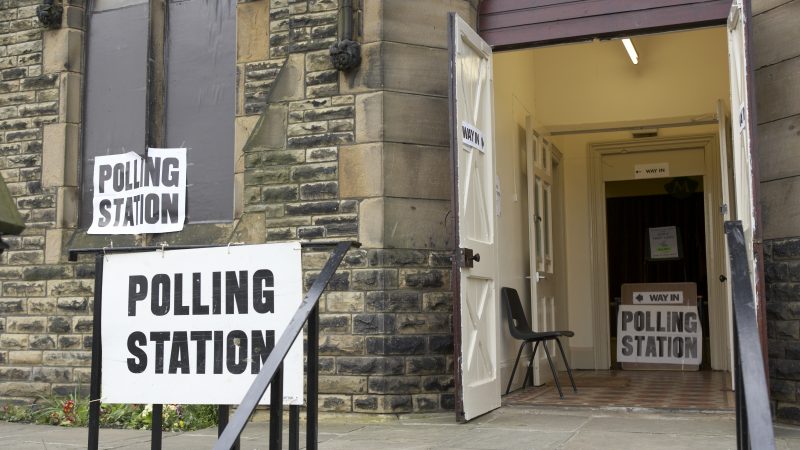
Compass Labour supporters launched a campaign in January for a party rule change that would allow local parties to decide whether to stand a general election candidate or not. The argument is that, given the electoral mountain Labour has to climb, splitting the progressive vote makes the ascent to power even harder, if not impossible. In 2019, there were more than 60 ‘progressive tragedies’ where the progressive vote was bigger than the winning regressive vote.
But what would Labour voters think about such an idea? After all, it’s a new concept and at one level challenges our assumptions about democratic representation, i.e. ‘I get to vote for my first choice’. The argument against this is that first-past-the-post now makes a nonsense of the ideal of democratic representation – with 70% of all votes cast in 2019 receiving no political representation – especially for Labour, which sees most of its votes wasted. Stand aside once, get a new government led by Keir Starmer, then we get fair votes and everyone’s vote counts forever more.
Given the novelty of the idea, we were rather astonished to find in a YouGov poll we commissioned that a majority of Labour voters support the idea of standing aside if splitting the vote lets the Tories win seats. The poll only indicates a slim majority, with a large number of voters who still “don’t know” their opinion on this. But what if the party had a wider conversation? What if we took the energy and support for proportional representation out to the party and made the argument: ‘this is a logical route to us getting PR – we stand aside where Labour can’t win but the Tories can lose’. And what if the Liberal Democrats and Greens were encouraged to reciprocate? There could be a massive anti-Tory alliance.
In the vast majority of seats, Labour standing candidates absolutely makes sense. But the Conservatives can afford to lose 40 seats and still emerge as the governing party, whereas Labour needs to win 124 seats to have an overall majority of one. This is before boundary changes and other attempts at voter suppression. On top of that, the Tories traditionally can afford to outspend Labour at elections. This means Labour needs to prioritise all spending in winnable seats. A loss of 50 seats will deny the Tories the right to form a government. Not all of these will be won by Labour, but every single loss can help to deliver a progressive government.
This is not just about winning power but having a stable government that can actually enact the kind of change we desperately need. We will not get another chance to respond to the climate and nature emergency or reverse the slide back to huge inequalities. Labour has lost four elections in a row. If the stakes were not so high, striving for a first-past-the-post win without organising stand-asides with other parties might be worth a gamble, but that’s not the case. To gamble on an outright Labour win would be an act of recklessness.
The non-aggression pact between Starmer and Liberal Democrat leader Ed Davey is a first step in the right direction and indicates the potential of reciprocity across target seats. But it’s simply not enough. This is just a public declaration that they won’t spend money they don’t have, in seats they can never win. Paper candidates still garner votes – enough to make the difference in some of the seats where the Conservatives win, despite voters overwhelmingly favouring parties that want to see a healthy democracy, climate action and reduced inequality.
Why waste anyone’s time and money standing in the seats that Labour can’t win? If tactical voting is going to happen, why waste the deposit, the campaign budget and the printer’s ink on putting a Labour candidate up in a constituency where they know they will help the Tories by standing? Put all the resources into seats Labour can win nearby.
Our poll shows there is fertile ground for having a genuine conversation about facilitating tactics such as stand-asides with Labour members and voters. But these are complicated decisions. Let’s trust local parties to understand their own local circumstances and decide where a stand-aside could help put Labour back in power.




More from LabourList
Ashley Dalton resigns as health minister for cancer treatment
Paul Nowak column: ‘Labour must focus on the basics’
‘Labour’s two-child cap victory rings hollow while asylum-seeking children remain in poverty’